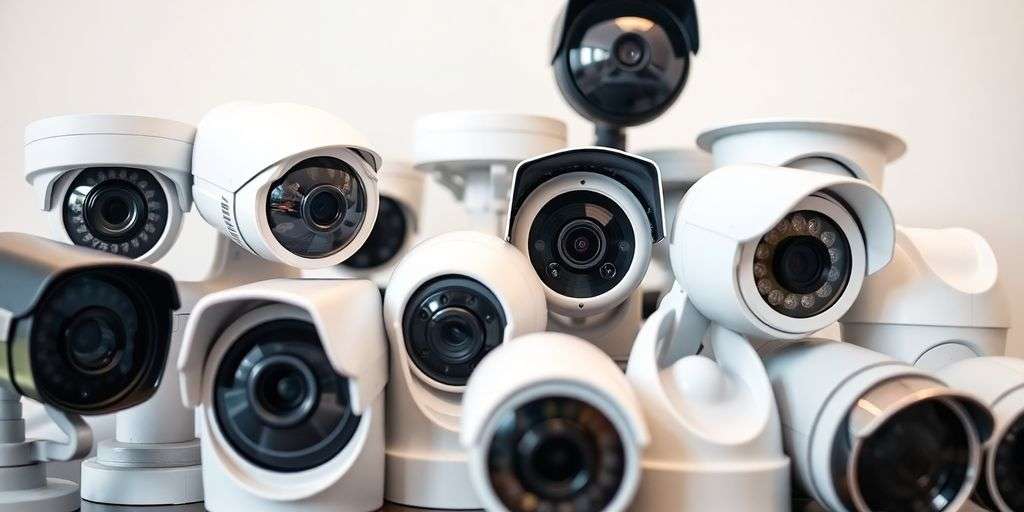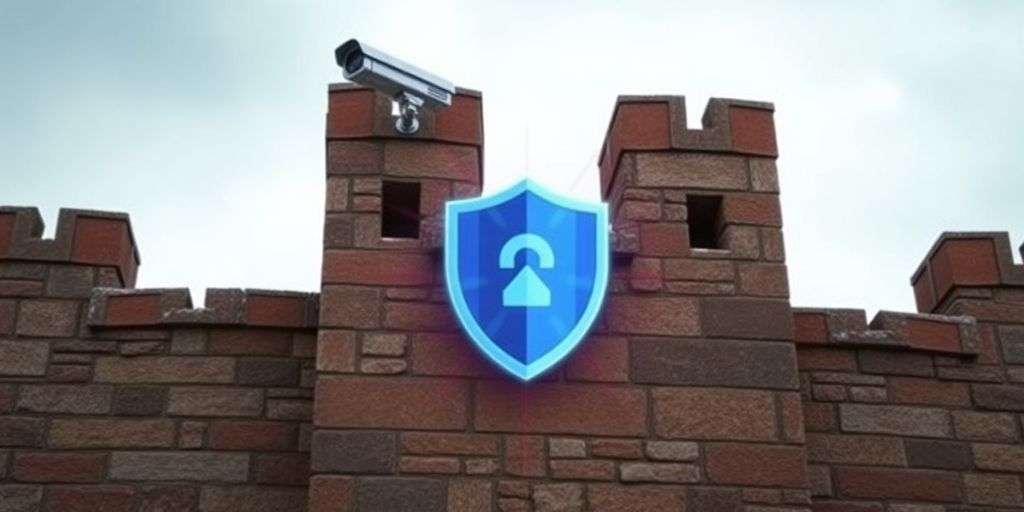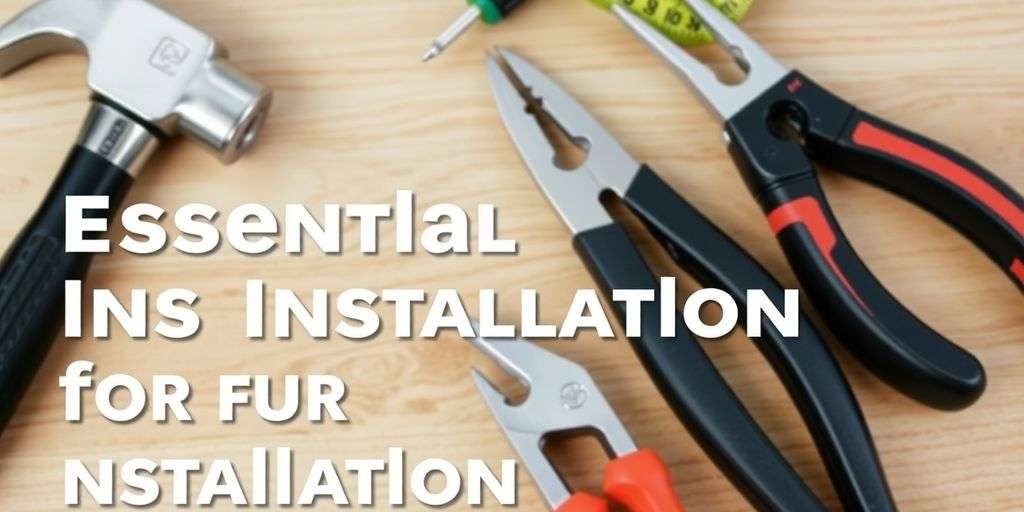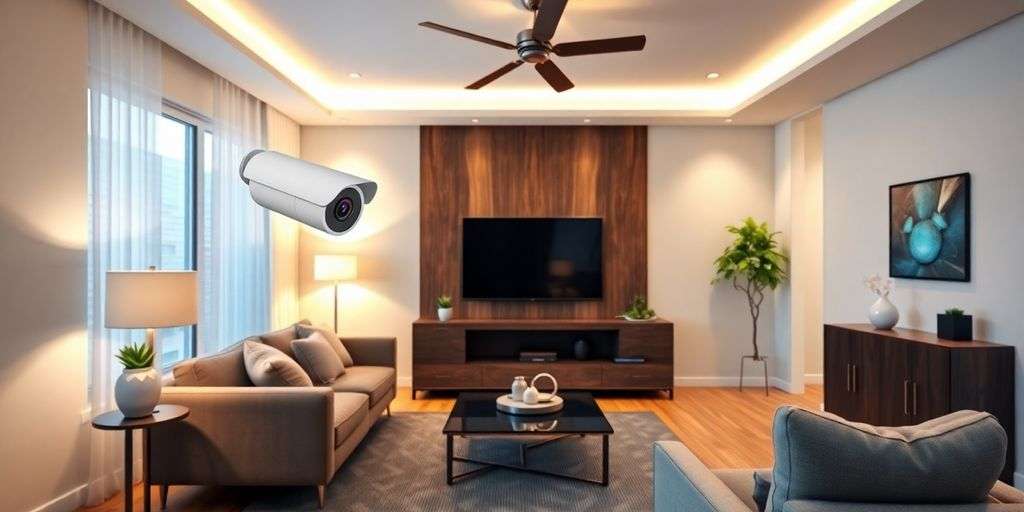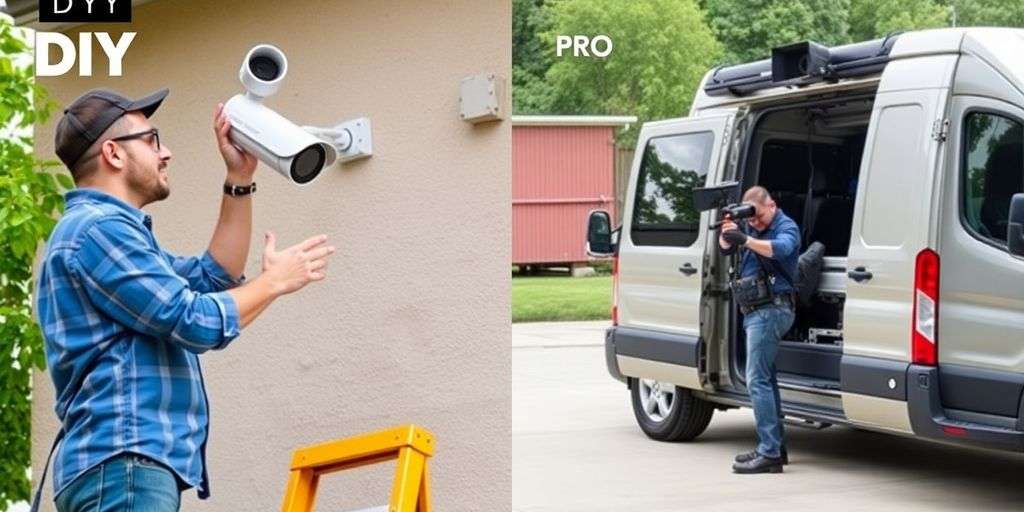Understanding Different Types of CCTV Cameras
When it comes to choosing the right CCTV camera, understanding the various types available is essential. Each type serves a unique purpose and is suited for different environments. Here’s a brief overview:
Dome Cameras: Versatile and Discreet
Dome cameras are popular for their discreet design, making them ideal for both indoor and outdoor use. They can be mounted on ceilings or walls and are often used in retail stores and offices. Their versatility allows for a wide range of applications.
Bullet Cameras: Long-Range Vision
Bullet cameras are designed for long-range viewing. They are typically cylindrical and can be easily mounted on walls. These cameras are perfect for monitoring large areas, such as parking lots or building perimeters. Their robust design often includes weatherproof features, making them suitable for outdoor use.
PTZ Cameras: Flexible and Dynamic
PTZ (Pan-Tilt-Zoom) cameras offer flexibility as they can be remotely controlled to pan, tilt, and zoom in on specific areas. This makes them ideal for monitoring large spaces where movement is expected. They are often used in situations requiring active surveillance, such as events or public spaces.
Hidden Cameras: Covert Surveillance
Hidden cameras, as the name suggests, are designed to be discreet and are often used for covert surveillance. They can be disguised as everyday objects, making them effective for monitoring without detection. These cameras are commonly used in situations where privacy is a concern.
Understanding the different types of CCTV cameras can significantly enhance your security strategy. Each type has its strengths and weaknesses, so it’s crucial to choose wisely based on your specific needs.
In summary, selecting the right CCTV camera involves considering the environment and the specific requirements of your surveillance needs. Here’s a quick comparison:
| Camera Type | Best For | Key Feature |
|---|---|---|
| Dome Cameras | Indoor/Outdoor | Discreet design |
| Bullet Cameras | Long-range monitoring | Weatherproof |
| PTZ Cameras | Large areas with movement | Remote control capabilities |
| Hidden Cameras | Covert surveillance | Disguised as everyday items |
By understanding these types, you can make an informed decision that best suits your security requirements.
Key Features to Look for in CCTV Cameras

When selecting a CCTV camera, it is essential to consider several key features that can significantly impact its effectiveness. Understanding these features can help you make an informed decision.
Resolution and Image Quality
- High Definition (HD): Look for cameras that offer at least 1080p resolution for clear images.
- Low Light Performance: Cameras with good low-light capabilities ensure visibility even in dim conditions.
- Field of View: A wider field of view allows for more area coverage, reducing the number of cameras needed.
Night Vision Capabilities
- Infrared (IR) Technology: Cameras equipped with IR LEDs can capture clear images in complete darkness.
- Smart IR: This feature adjusts the intensity of the IR LEDs to prevent overexposure.
- Colour Night Vision: Some cameras can provide colour images at night, enhancing detail and clarity.
Weather Resistance and Durability
- IP Ratings: Look for cameras with an IP66 or higher rating for protection against dust and water.
- Temperature Range: Ensure the camera can operate in the temperature range of your location.
- Vandal Resistance: Cameras with robust housing can withstand tampering and damage.
Smart Technology Integration
- Mobile Access: Cameras that allow remote viewing via smartphones provide convenience and flexibility.
- Motion Detection: This feature alerts you when movement is detected, enhancing security.
- Cloud Storage: Consider cameras that offer cloud storage options for easy access to footage.
In summary, selecting the right CCTV camera involves understanding its features and how they align with your security needs. By focusing on these key aspects, you can ensure that your surveillance system is effective and reliable.
| Feature | Importance |
|---|---|
| Resolution | Clarity of images |
| Night Vision | Visibility in low light |
| Weather Resistance | Durability in various conditions |
| Smart Technology | Enhanced functionality and access |
Installation and Placement Tips for Optimal Coverage
Assessing Vulnerable Areas
When planning your CCTV installation, it is crucial to identify the vulnerable areas around your property. These may include:
- Entrances and exits
- Parking lots
- Areas with poor lighting
- High-value asset locations
Proper assessment ensures that your cameras cover the most critical spots.
Height and Angle Considerations
The height and angle at which you install your cameras can significantly affect their effectiveness. Here are some tips:
- Mount cameras at least 2.5 to 3 metres high to avoid tampering.
- Angle cameras to cover wide areas while focusing on specific entry points.
- Ensure that the field of view is unobstructed by trees or buildings.
Wired vs. Wireless Systems
Choosing between wired and wireless systems depends on your specific needs:
- Wired systems offer stable connections and are less prone to interference.
- Wireless systems provide flexibility in placement but may require a strong signal.
Professional Installation vs. DIY
While some may opt for a DIY approach, professional installation can offer several advantages:
- Expertise in optimal camera placement
- Assurance of proper wiring and connections
- Ongoing support and maintenance options from services like security guru for tailored camera packages.
Regularly reviewing your CCTV setup can help maintain optimal coverage and adapt to any changes in your environment.
Maintaining and Upgrading Your CCTV System
Regular Maintenance Practises
To ensure your CCTV system operates effectively, regular maintenance is essential. This includes:
- Checking camera lenses for dirt or obstructions.
- Testing the functionality of all cameras and recording devices.
- Ensuring that all connections are secure and free from corrosion.
Software Updates and Security Patches
Keeping your CCTV system’s software up to date is crucial for security. Regular updates help protect against vulnerabilities. Here are some steps to follow:
- Schedule regular checks for software updates.
- Apply security patches as soon as they are released.
- Review the system’s security settings periodically.
Expanding Your System
As your security needs grow, you may want to expand your CCTV system. Consider the following:
- Assessing the areas that require additional coverage.
- Choosing compatible cameras and equipment.
- Consulting with a professional to ensure proper integration.
Troubleshooting Common Issues
If you encounter problems with your CCTV system, here are some common issues and solutions:
- Camera not recording: Check power supply and connections.
- Poor image quality: Clean the lens and check settings.
- Network issues: Restart the router and check for interference.
Regular maintenance and timely upgrades can significantly enhance the performance of your CCTV system, ensuring it remains a reliable security measure.
In conclusion, maintaining and upgrading your CCTV system is vital for effective surveillance. By following these practises, you can ensure that your system remains functional and secure, providing peace of mind for your property.
Remember, a well-maintained system is your best defence against security threats.
Final Thoughts on Choosing the Right CCTV Camera
In conclusion, selecting the right CCTV camera is essential for keeping your home or business safe. With so many options available, it can feel overwhelming. However, by understanding your specific needs, such as the area you want to monitor and the level of detail you require, you can make a more informed choice. Remember, it’s not just about having a camera; it’s about having the right camera that fits your situation. Take your time to research and consider all the features that matter to you. With the right CCTV system in place, you can enjoy peace of mind knowing that your property is well protected.
Frequently Asked Questions
What are the main types of CCTV cameras?
There are several types of CCTV cameras, including dome cameras, bullet cameras, PTZ cameras, and hidden cameras. Each type serves a different purpose, such as monitoring large areas or providing discreet surveillance.
How do I choose the right CCTV camera for my needs?
When choosing a CCTV camera, consider factors like image quality, night vision, weather resistance, and whether you need smart features. Think about where you’ll place the camera and what you want to monitor.
Is it better to install CCTV cameras myself or hire a professional?
It depends on your comfort level with technology. If you’re handy and understand the setup, DIY can save money. However, hiring a professional ensures proper installation and optimal coverage.

